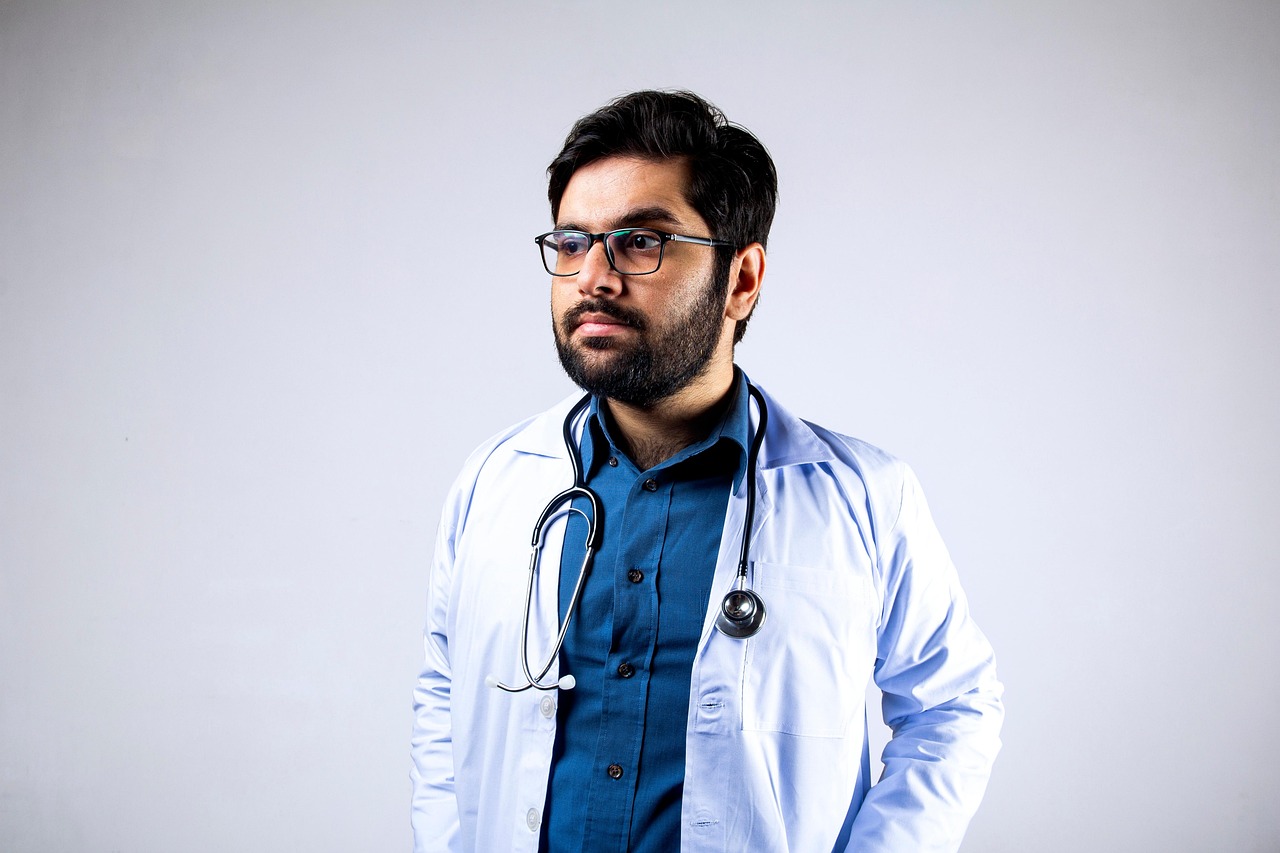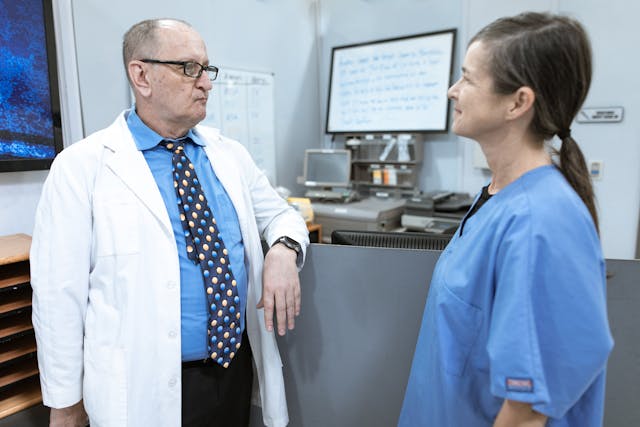Unlocking Potential: The Surprising Advantages of a General Practitioner Course

Imagine stepping into a role where every day brings new challenges, opportunities for growth, and the chance to make a real difference in people’s lives. A general practitioner course offers just that—a gateway to an enriching medical career filled with diverse specializations. It’s not just about diagnosing illnesses; it’s about becoming a key player in your community’s health.
Whether you’re drawn to the idea of treating families over generations or tackling complex health issues head-on, this path can unlock numerous advantages you might not have considered before. Let’s explore how pursuing a general practitioner course can enhance your skills, foster meaningful relationships with patients, and even provide flexibility in your work-life balance while allowing you to impact public health on larger scales. The journey is as rewarding as it is surprising.
A Gateway to Diverse Specializations
A general practitioner course serves as an entry point to various medical specialties. As you gain foundational knowledge, you can explore different areas of medicine that pique your interest. The exposure is invaluable. From pediatrics to geriatrics, internal medicine to emergency care, the options are vast. You’ll develop a broad understanding of health issues affecting diverse populations. This versatility prepares you for shifts in your career as your interests evolve. Additionally, working as a general practitioner allows for collaboration with specialists across fields. It’s an opportunity to learn and grow through shared experiences while providing comprehensive patient care. Every aspect of this journey contributes not only to personal growth but also enriches the healthcare system by fostering well-rounded practitioners who understand multiple facets of medicine. Each specialization brings unique challenges and rewards, making each day feel fresh and exciting in practice.

Enhanced Problem-Solving Skills
A general practitioner course immerses students in an environment where critical thinking is paramount. Each patient presents a unique puzzle, demanding keen analytical abilities to diagnose and treat various ailments. Through rigorous training in clinical scenarios, aspiring GPs hone their problem-solving skills. They learn to assess symptoms systematically and consider multiple possible conditions. This multifaceted approach sharpens the mind. Students also engage in collaborative learning with peers, discussing complex cases that require diverse perspectives. These discussions foster creativity in finding solutions while reinforcing teamwork. Moreover, dealing with real patients cultivates adaptability. Situations can shift abruptly; GPs must think on their feet and pivot strategies swiftly when new information arises. Enhancing problem-solving skills during this course equips future doctors not just for medical practice but also for challenges beyond healthcare settings. The ability to navigate uncertainty becomes an invaluable asset throughout their careers.
Building Strong, Lasting Patient Relationships
Building strong, lasting patient relationships is at the heart of effective healthcare. Trust becomes the foundation for every interaction. When patients feel understood and valued, they are more likely to share their concerns openly. Listening actively is a game-changer. It shows that you care about their well-being beyond just symptoms. A warm smile or a reassuring tone can turn an anxious visit into a comfortable experience. Consistency plays a vital role too. Regular check-ups foster familiarity and trust over time. Patients appreciate knowing there’s someone who understands their medical history and personal nuances. Communication is key in nurturing these bonds. Clear explanations about diagnoses or treatment options empower patients to take charge of their health journey.
When practitioners prioritize these relationships, everyone benefits—patients feel supported while doctors find fulfillment in making meaningful connections.
Flexibility and Work-Life Balance
One of the appealing aspects of pursuing a general practitioner course is the flexibility it offers. Unlike many specialties that demand long hours and rigid schedules, general practice allows for varied work arrangements. Many GPs can choose their hours or even opt for part-time positions. This adaptability supports personal commitments and family life, creating harmony between work and home. Moreover, with telemedicine on the rise, practitioners have more tools at their disposal to manage consultations remotely. This shift not only enhances accessibility but also permits an improved balance in daily routines. Additionally, having diverse patient interactions means no two days are alike. The variation keeps the role exciting while allowing professionals to enjoy their time away from work without sacrificing career satisfaction. Balancing professional aspirations with personal well-being has never felt so attainable in this field.

Impacting Public Health on a Larger Scale
A career as a general practitioner offers the chance to profoundly influence public health. By working at the community level, GPs identify trends and health challenges that affect local populations. They play a crucial role in preventative care. Educating patients about healthy lifestyles can significantly reduce diseases such as diabetes or hypertension. Moreover, GPs often participate in public health initiatives like vaccination drives or screenings, reaching vulnerable groups who may otherwise lack access to necessary services. Their unique position allows them to advocate for policy changes based on firsthand experiences with patient needs. This advocacy can lead to improved healthcare resources within communities.
Through research and collaboration with other healthcare professionals, general practitioners contribute valuable insights into emerging health issues, shaping future strategies for disease prevention and management.
Conclusion
The journey through a General Practitioner course is more than just an academic pursuit. It opens doors to a realm of opportunities and experiences that enrich both personal growth and professional capabilities. From the ability to specialize in various fields to enhancing problem-solving skills, forging meaningful relationships with patients, achieving work-life balance, and making significant contributions to public health, each aspect builds upon the other. Embracing this path allows healthcare professionals not only to thrive but also to create lasting impacts within their communities. Whether you are drawn by the diversity of practice or the chance to connect deeply with individuals on their health journeys, pursuing a course in general practice can be transformative.
As you step into this world of possibilities, remember that every interaction has significance and each choice shapes your career while benefiting society at large. The potential for growth is vast; all it takes is that first step toward unlocking what lies ahead.
…



